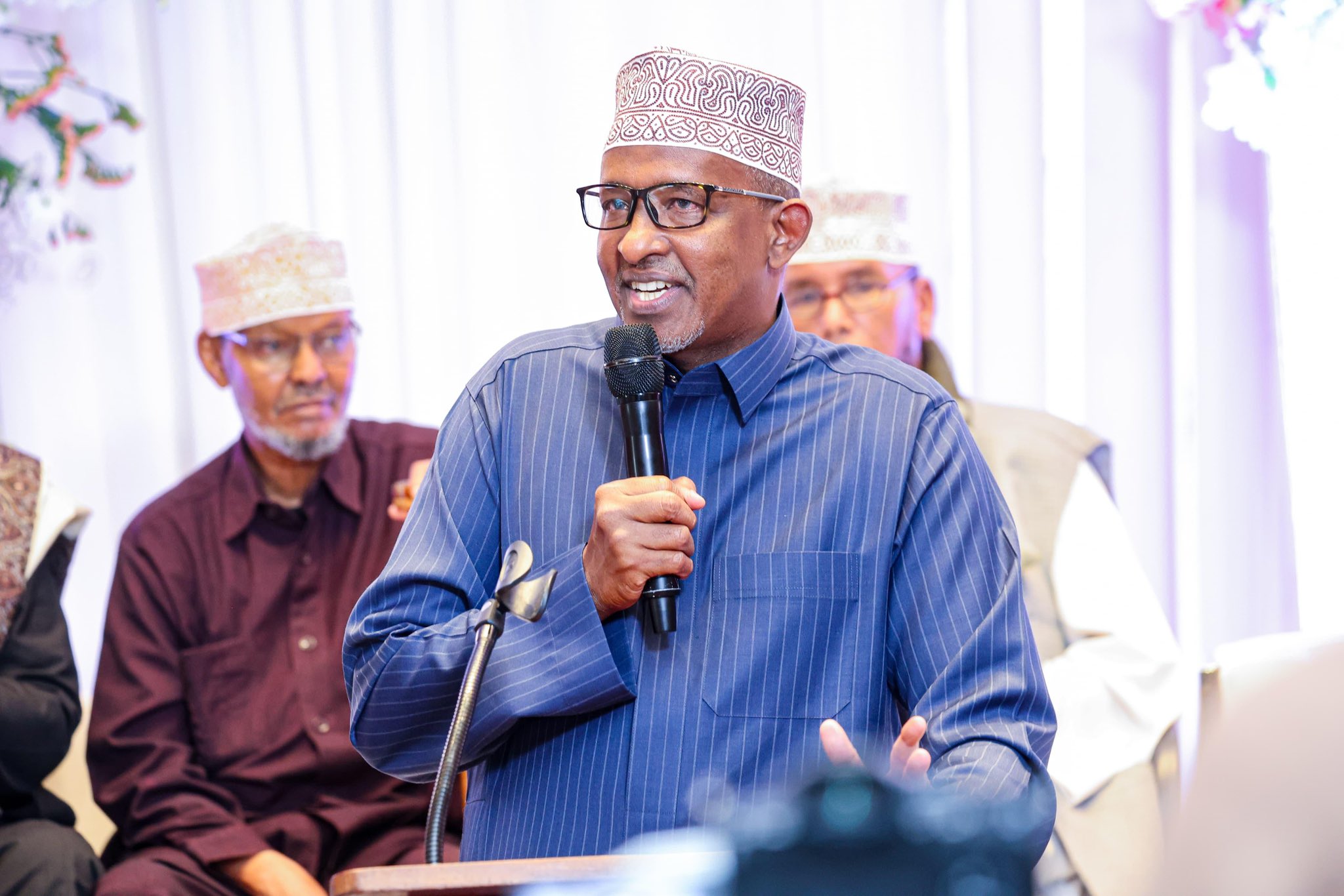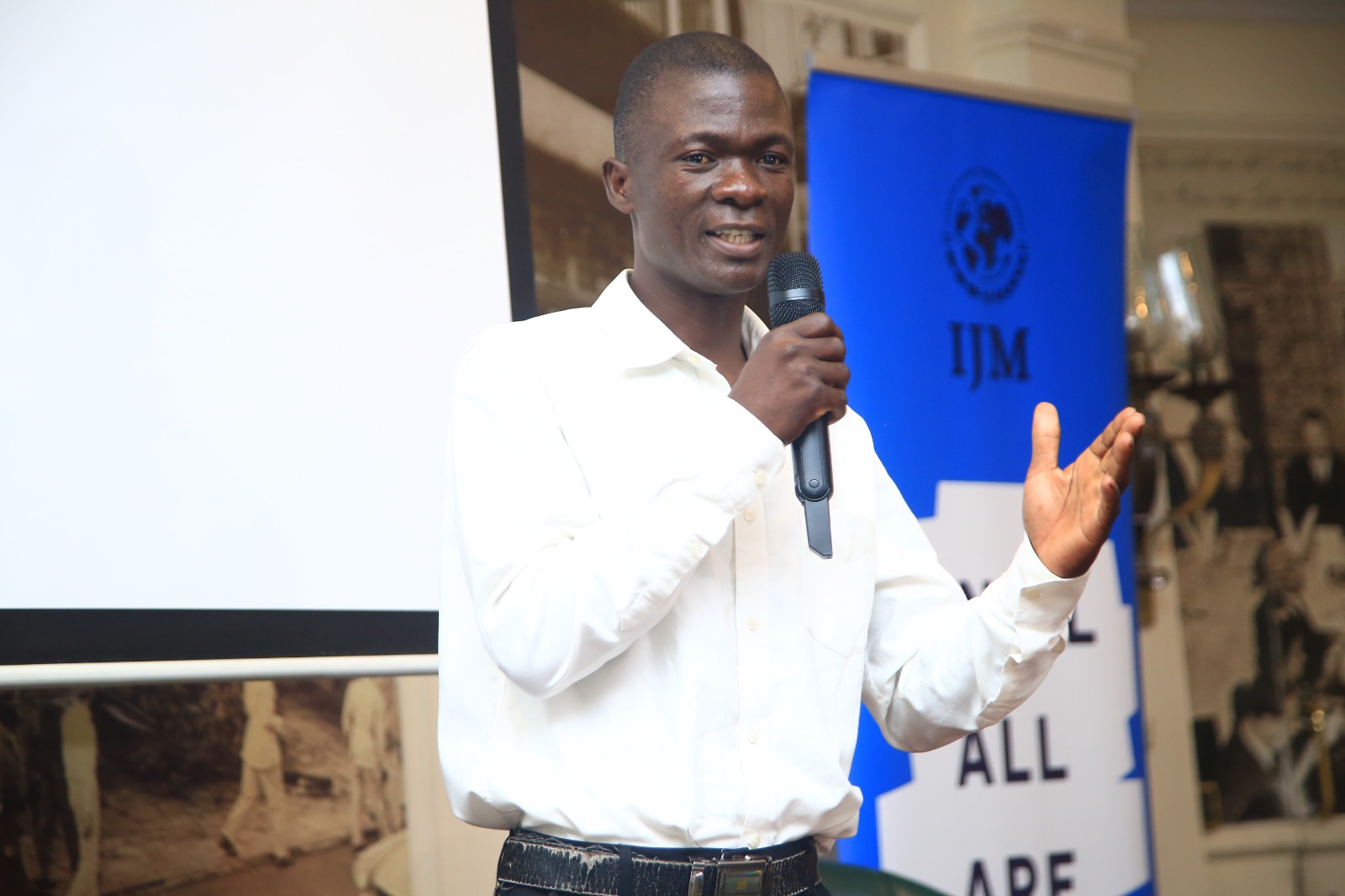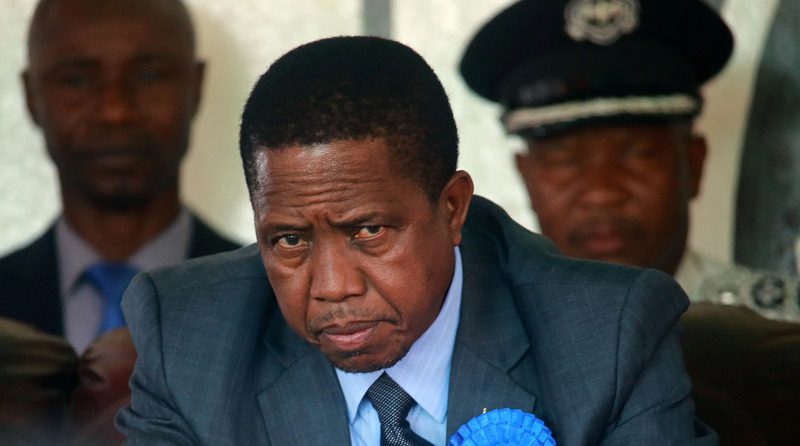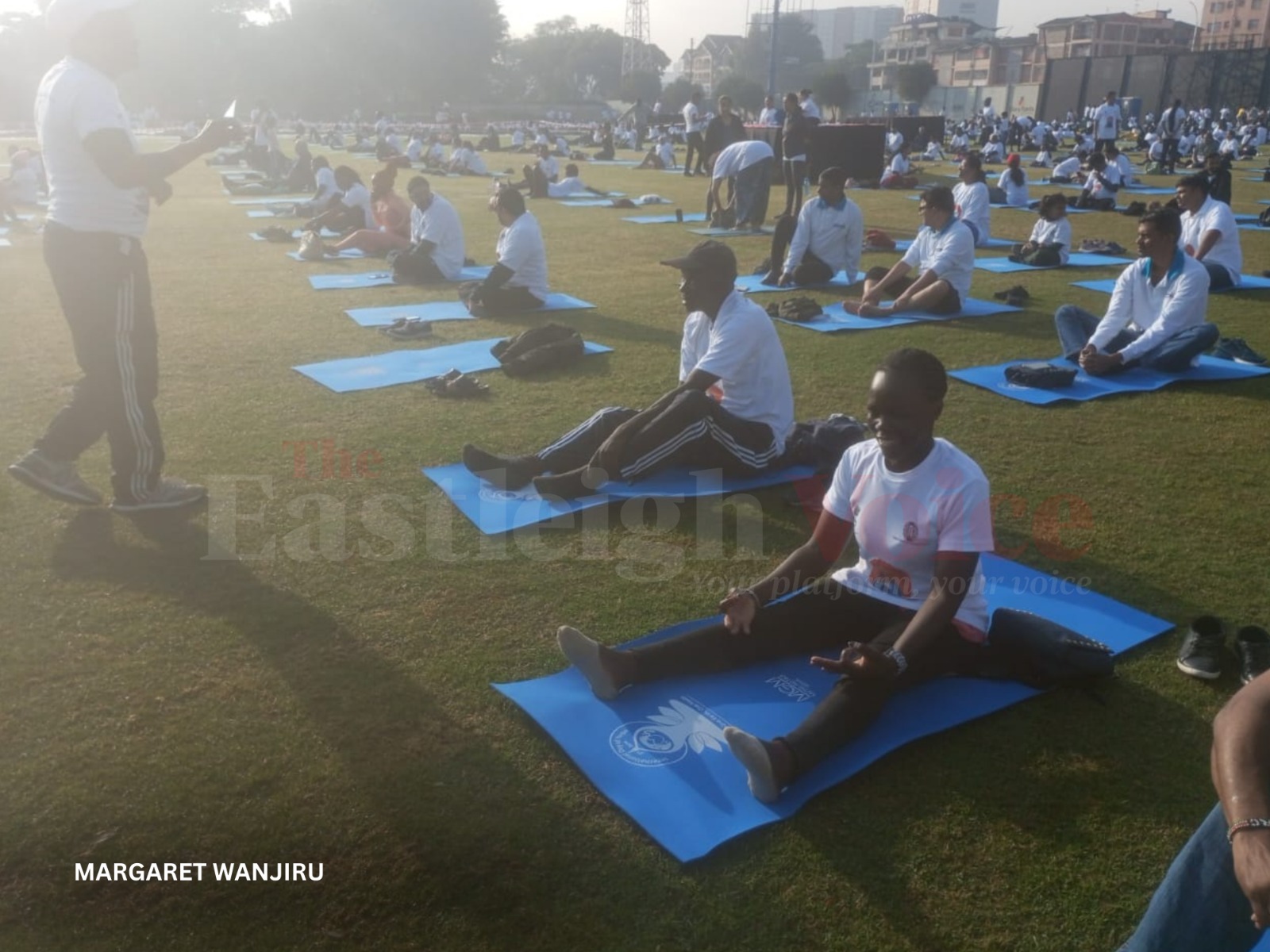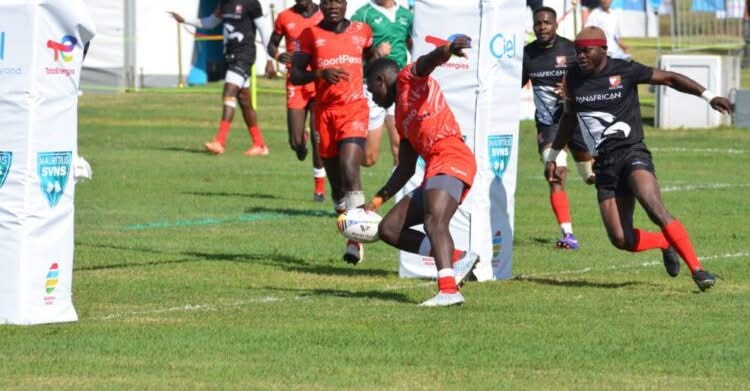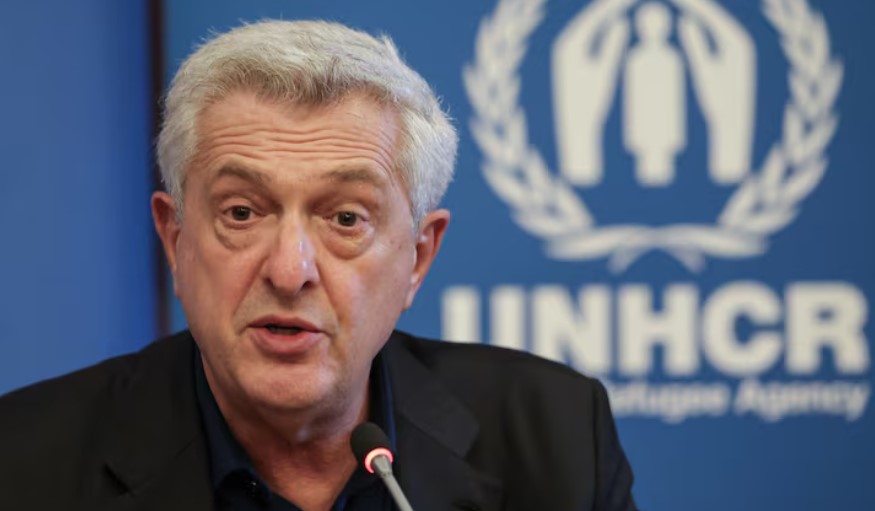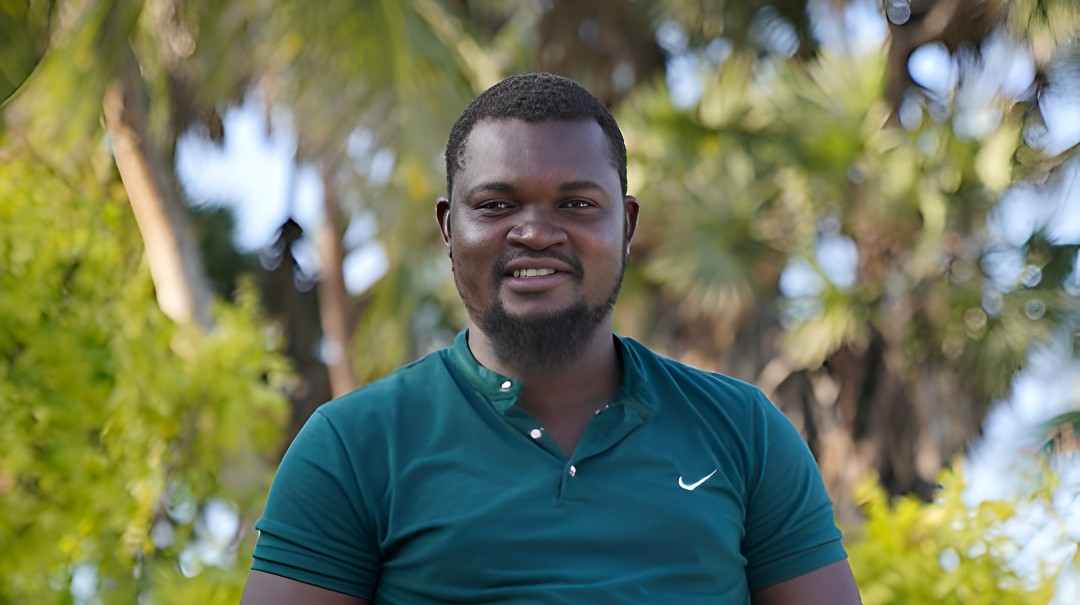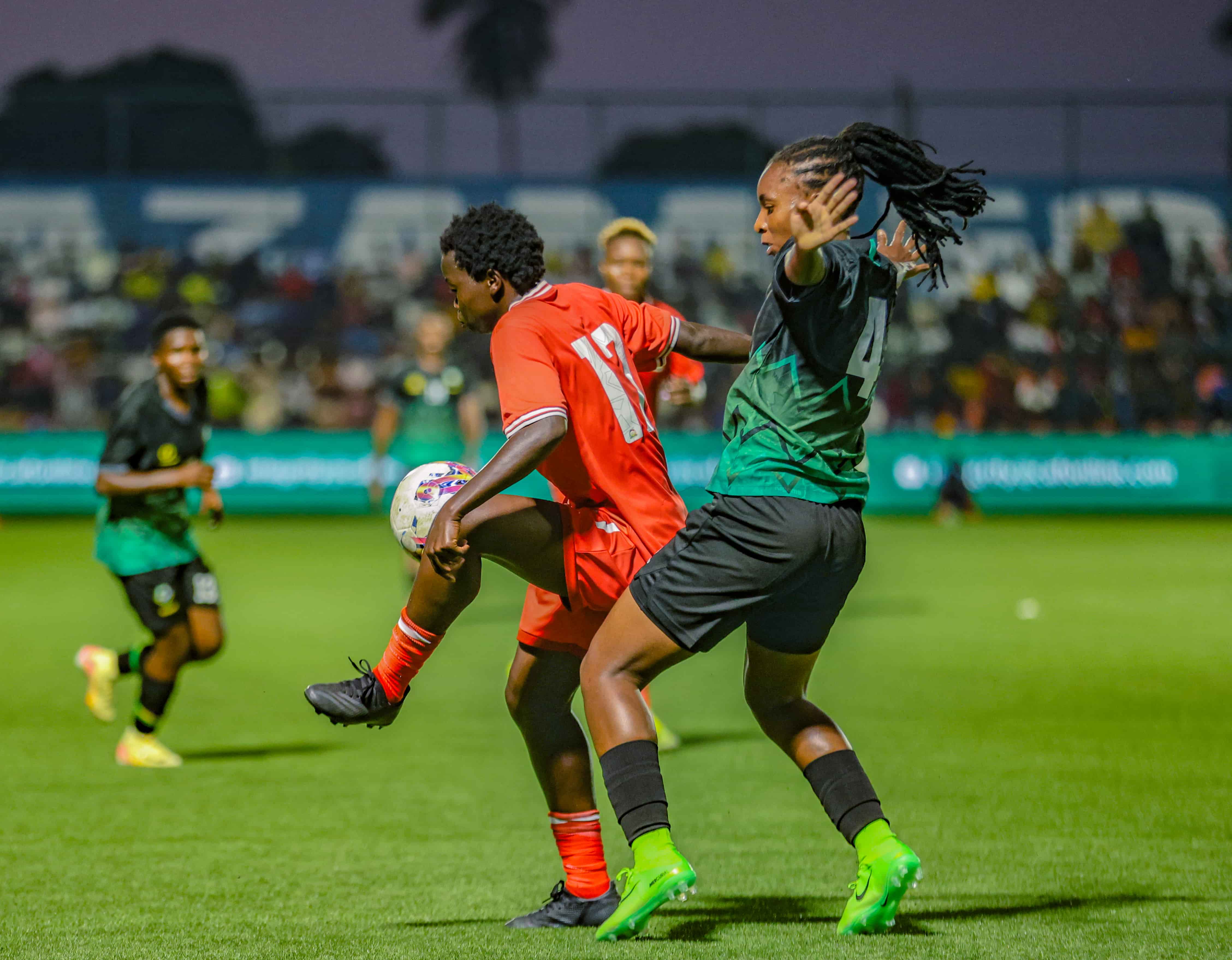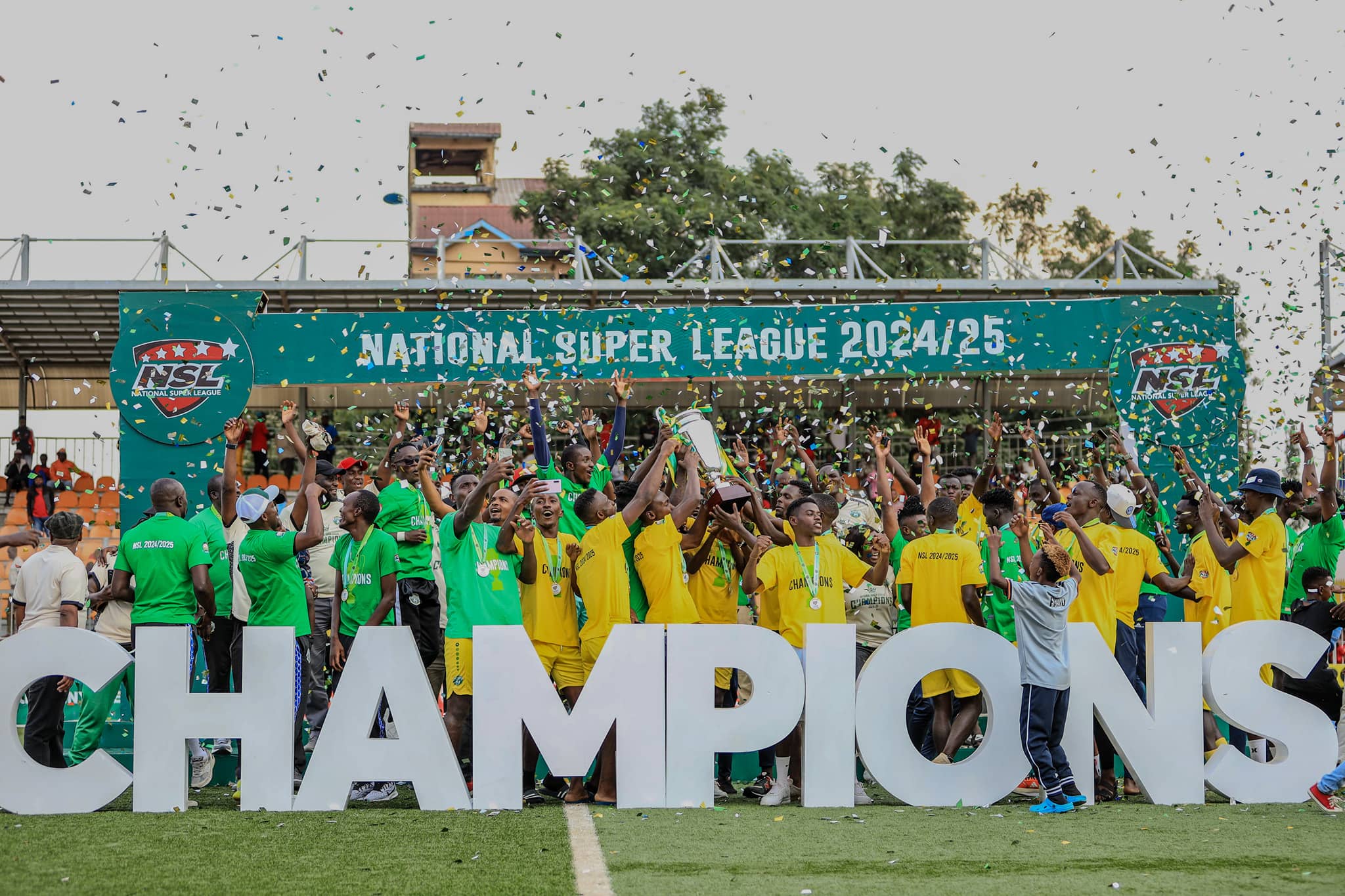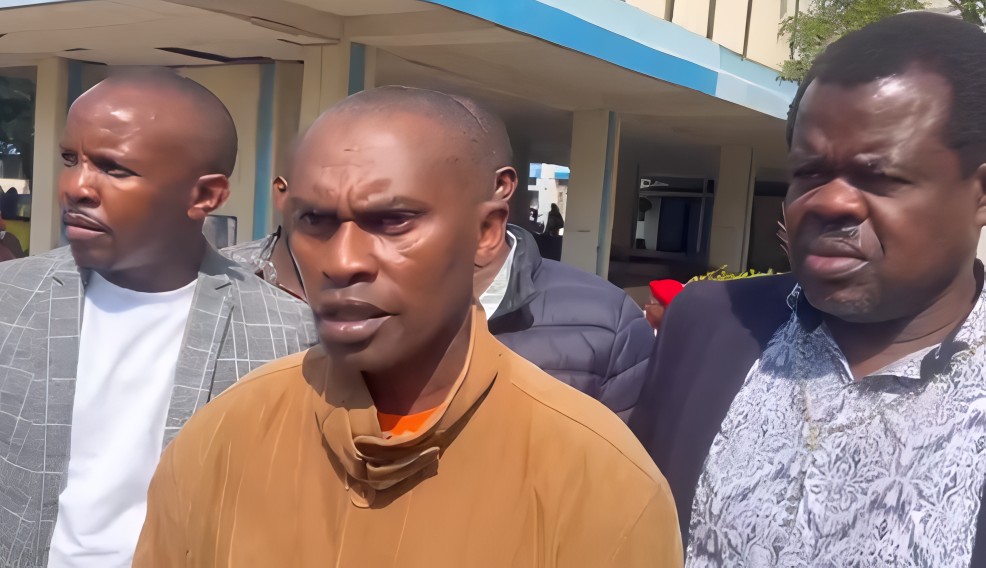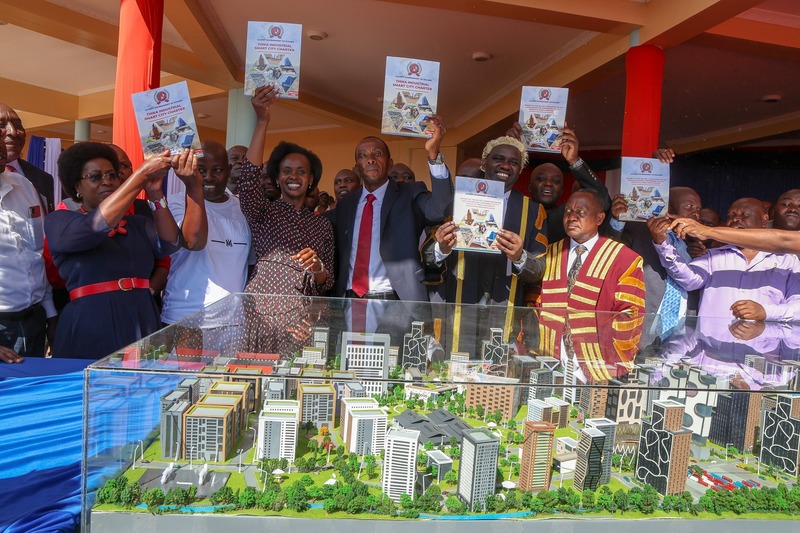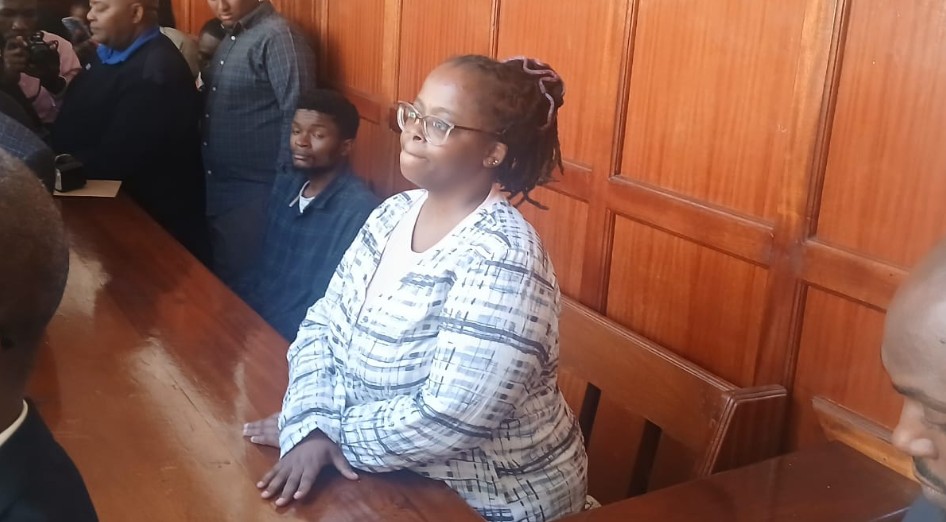MUHURI calls on media to expose human rights violations in Northern Kenya
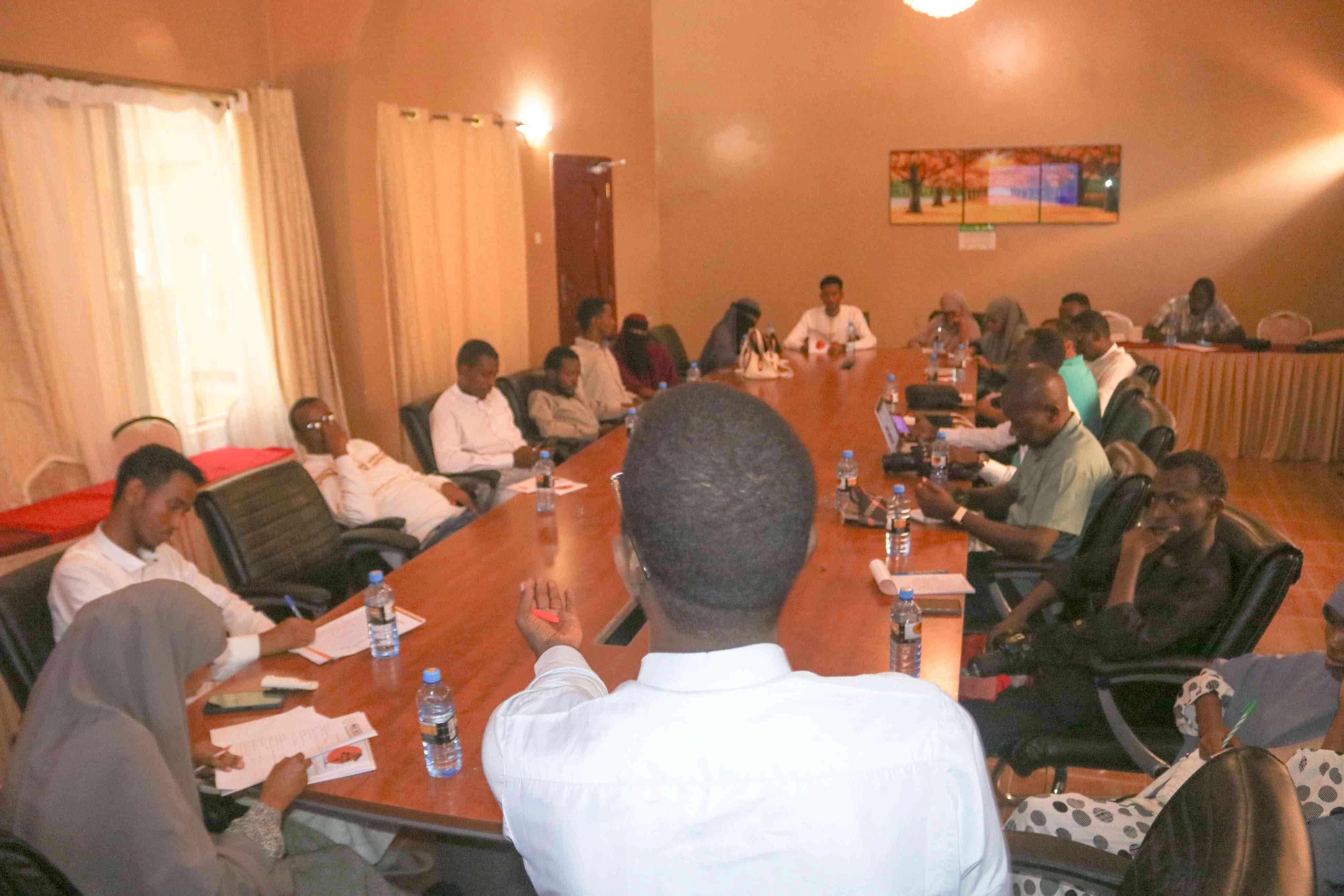
MUHURI expressed concern on prevalent human rights abuses including Gender-Based Violence (GBV), forced disappearances, marginalisation and underdevelopment.
Muslim for Human Rights (MUHURI) has called upon the media to expose prevalent human rights violations that were unreported in Northern Kenya.
Speaking on Friday during a media training on human rights in Garissa town, Abdihakim Shurie, the MUHURI regional coordinator, expressed concern on prevalent human rights abuses including Gender-Based Violence (GBV), forced disappearances, marginalisation and underdevelopment.
More To Read
- Mombasa police fail to charge four activists, drawing criticism over unlawful detention
- MPs demand British military to face probe over rights abuses
- UN sounds alarm over Tanzania’s "shrinking democratic space"
- Rights groups demand action as 1,073 teenage pregnancies recorded in Lamu since 2024
- Human rights groups condemn government inaction as teenage pregnancies surge in Lamu
- MUHURI pursues justice for families of two killed in Lamu crash involving KDF vehicle
Other issues include refugee and internally displaced persons' rights, and drought and climate-induced displaced persons' rights, which were all violated.
He emphasised how the training will help the media to promote and protect against human rights abuses in the region.
"This training will help you effectively report on human rights abuses we mentioned as prevalent in the region. I hope you will gather enough evidence, interview victims and present the information clearly and compellingly," he said.
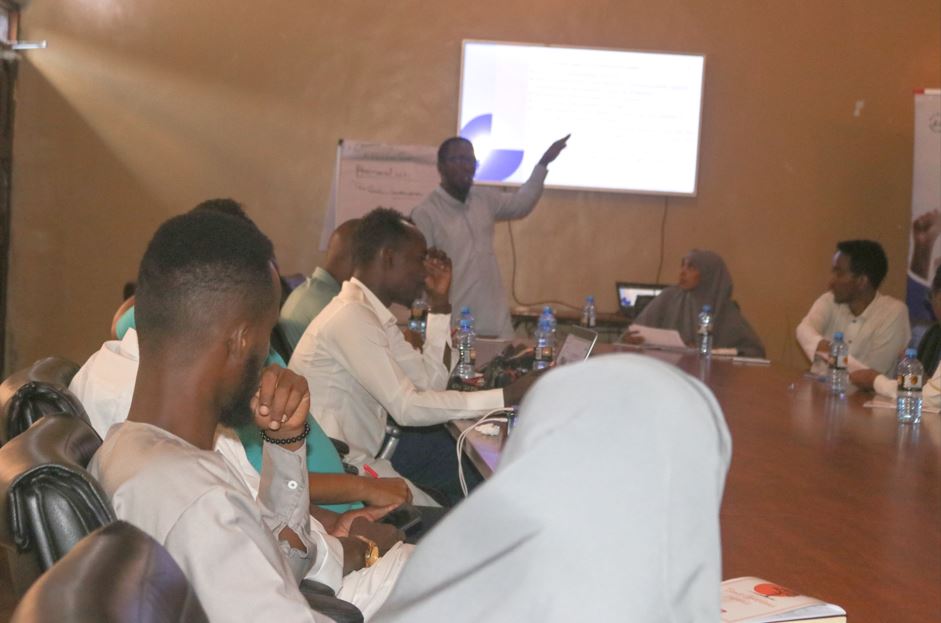 Participants during a media training workshop organised by MUHURI on human rights in Garissa town on May 23, 2025. (Photo: Issa Hussein)
Participants during a media training workshop organised by MUHURI on human rights in Garissa town on May 23, 2025. (Photo: Issa Hussein)
Abdihakim announced that MUHURI was currently advancing the realisation of human rights in Garissa and Tana River counties before expanding to other counties in Northern Kenya.
He urged the media to collaborate with non-governmental organisations, watchdog groups to leverage mobile journalism in remote areas and use data journalism to show trends on issues such as GBV cases and refugees displaced by war and climate change.
During the training session, journalists gained knowledge on how to prioritise human rights issues, techniques to cover human rights stories, ethics and legal considerations.
They were also taken through interviewing victims of human rights violations and building impactful human rights stories.
More than 30 journalists drawn from print, electronic and social media content creators attended the training held in a Garissa hotel.
Top Stories Today
